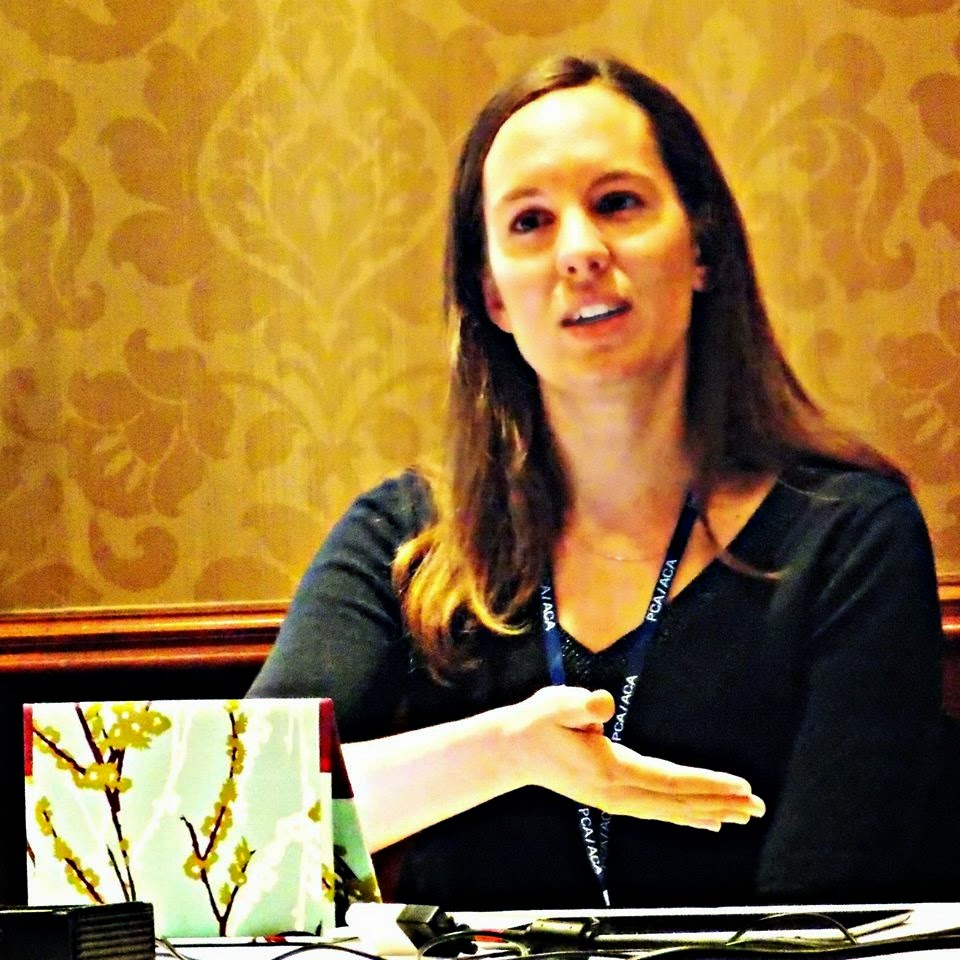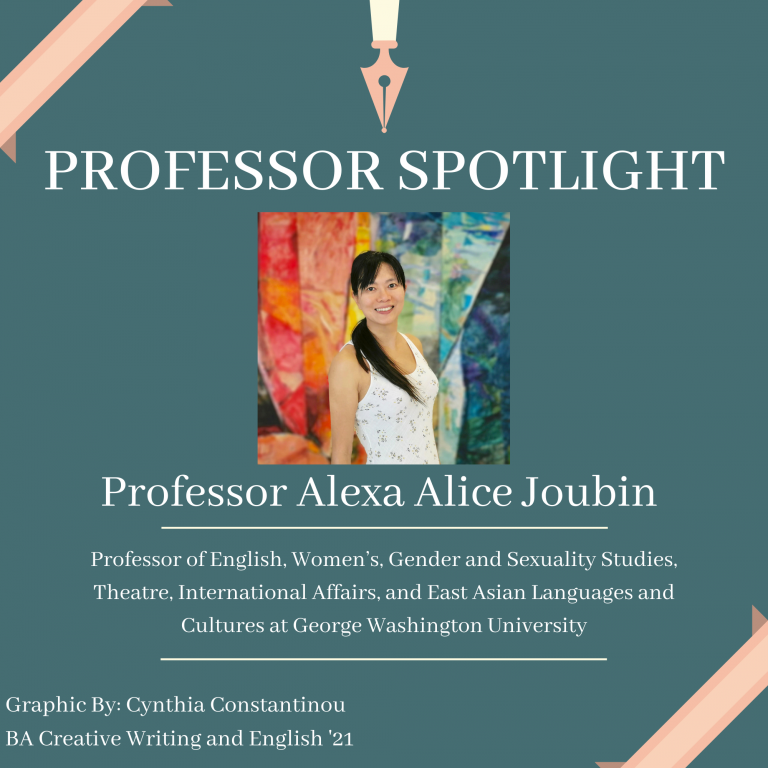Leigha McReynolds Wins Phillip J. Amsterdam Graduate Teaching Award
 |
| GW English PhD Candidate Leigha McReynolds Recipient of the 2015 Phillip J. Amsterdam Graduate Teaching Award |
GW English PhD Candidate Leigha McReynolds has won this year’s prestigious Phillip J. Amsterdam Graduate Teaching Award.
The Amsterdam Teaching Award “was created to honor individuals who have made an outstanding contribution to GW teaching and to recognize the important contribution our graduate students make to the educational process. President Stephen J. Trachtenberg and Executive Vice President for Academic Affairs Donald R. Lehman established the Philip J. Amsterdam Graduate Teaching Assistants Award for Outstanding Teaching in 2003.” Each year, the winner is selected by a committee and receives $500 for professional development.
Leigha officially receives her award from GW’s Academy of Distinguished Teachers at a ceremony on April 8, 2015, the University Faculty Honors Celebration. At that time, she will also be inducted as a full member of GW’s Academy of Distinguished Teachers.
Leigha has taught a number of courses over the years, particularly in the Writing in the Disciplines (WID) program. Her courses include “Analysis of Business Issues (Business Writing)” and “Introduction to British Literature 1800 to the present.” She has assisted in both “Children’s Literature” and “19th Century British Novel and Empire.” She has visited honors classes, as well, to spotlight her expertise in science fiction.
We asked Leigha to give us some of her thoughts on successful teaching and she was happy to respond:
“Successful teaching requires providing students with the tools they need to master the material or disciplinary writing technique for themselves. I believe this is best achieved by empowering students to make good choices about their writing. Rather than telling students what they need to do, I prefer to emphasize the choices they have to make and, through feedback, guide them to make the best choices for the given assignment. Thus, in learning how to work effectively in the specific context of my class they are also developing an awareness that will transfer into other classrooms and beyond their undergraduate career.”
Leigha’s dissertation, “Mesmerism, Narrative, and Knowledge in The Other Victorian Novel,” argues that the appearance of heterodox scientific practices, specifically mesmerism, in Victorian genre fiction fostered a proliferation of fantastic narratives in Britain in the late nineteenth century. These narratives offered an alternative to the developing scientific establishment as well as the dominant literary establishment, creating a venue for types of knowledge and modes of representation which offered alternate epistemologies in the face of a reification of knowledge categories.
Congratulations Leigha!







